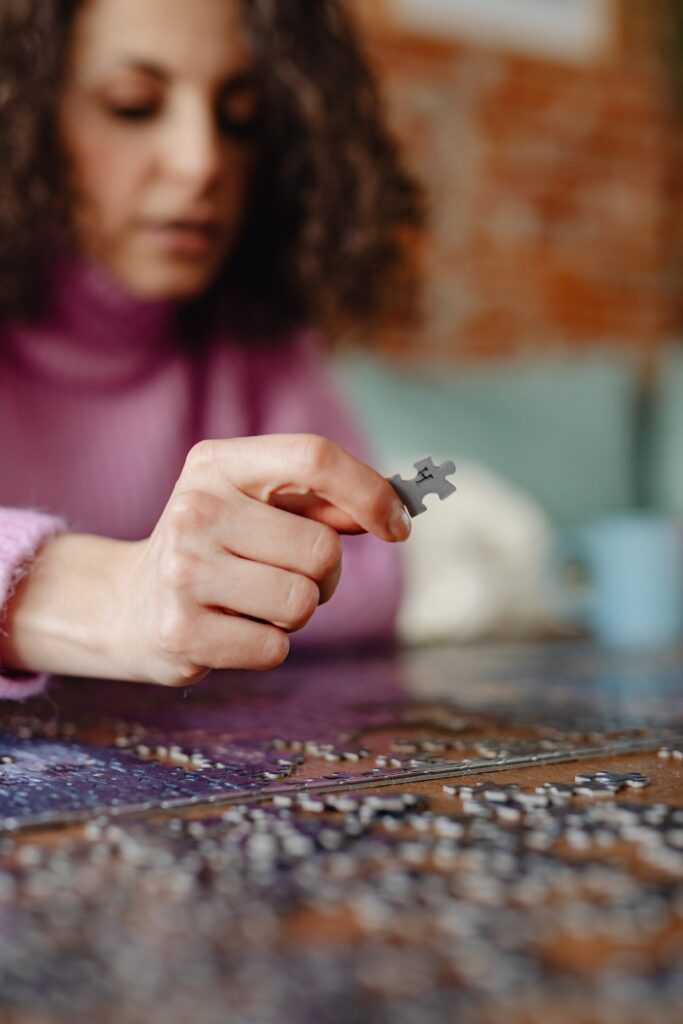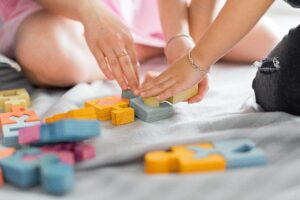How do puzzles help fine motor skills

Puzzles have been a popular pastime for centuries, providing entertainment and stimulation for people of all ages.
But did you know that puzzles can also have a number of cognitive and physical benefits, including helping to improve fine motor skills?
In this article, we’ll explore how puzzles can help to develop and strengthen the small muscles in the hands, fingers, and wrists, and how this can lead to better coordination and dexterity.
What is fine Motor Skills ?
Fine motor skills refer to the ability to control the small muscles in our hands and fingers, and are essential for many everyday activities such as writing, buttoning a shirt, or using utensils.
These skills are developed and strengthened through repetitive movement and practice, and puzzles provide an excellent opportunity for just that.
How Do Puzzles helps fine Motor Skills ?
When working on a puzzle, the act of grasping, manipulating, and fitting puzzle pieces together requires the use of small muscles in the hands, fingers, and wrists.
These movements help to strengthen and improve coordination in these muscle groups, leading to better fine motor skills.
The process of matching colors, shapes and sizes of the puzzle piece helps in developing the visual-spatial skills which also improves fine motor skills.
Puzzles also provide an opportunity for children and adults to work on hand-eye coordination,
which is the ability to use your hands to complete a task while also paying attention to what you see.
This is another skill that is important for many everyday activities, and can be improved through practice.
Another Benefits of Puzzles : problem-solving skills
Another advantage of puzzles is that they can be used to hone problem-solving abilities.
Puzzle-solving necessitates the use of logic and reasoning, and the level of problem-solving required increases as the puzzle becomes more complex.
This can help with cognitive function, such as memory and concentration.
Puzzles are not only for kids, but also for adults.
They are an excellent way to improve fine motor skills, hand-eye coordination, and cognitive function.
They can be enjoyed alone or with friends and family, and come in a wide variety of types and difficulty levels, making them accessible to people of all ages and abilities.
So next time you’re looking for a fun and challenging activity, consider picking up a puzzle.
Not only will you be entertained, but you’ll also be working on developing important skills that can improve your overall quality of life.
In conclusion,
Puzzles are not only a fun and entertaining pastime, but they also have a number of cognitive and physical benefits, including helping to improve fine motor skills.
By strengthening and improving coordination in the small muscles of the hands, fingers, and wrists, puzzles can lead to better dexterity and hand-eye coordination, which can be beneficial in many aspects of our lives.
So next time you’re looking for an activity that can help you to improve your fine motor skills, consider picking up a puzzle.




